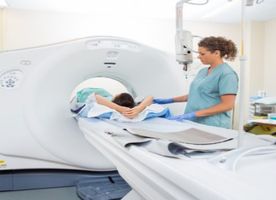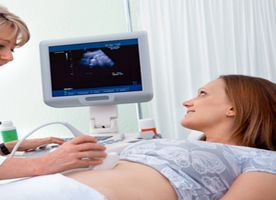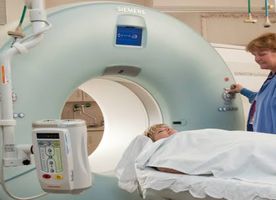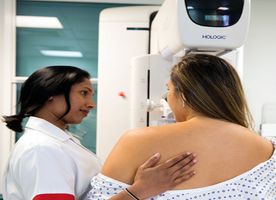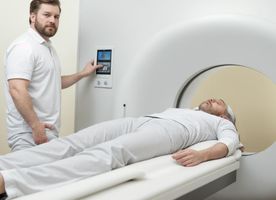Diagnostic Imaging in South Africa
Search and Compare the Best Clinics and Doctors at the Lowest Prices for Diagnostic Imaging in South Africa
UCT Private Academic Hospital





Diagnostic Imaging at UCT Private Academic Hospital in Cape Town, South Africa
Netcare N1 City Hospital
Ahmed Kathrada Private Hospital





Diagnostic Imaging at Ahmed Kathrada Private Hospital in Johannesburg, South Africa
Dr Magda Fourie





Diagnostic Imaging at Dr Magda Fourie in Cape Town, South Africa
Our partner clinics in South Africa are accredited by the following associations















































































































































No Time?
Tell us what you're looking for and we'll reach out to the top clinics all at once
WHY US?















































































































































No Time?
Tell us what you're looking for and we'll reach out to the top clinics all at once





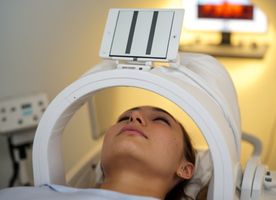
Diagnostic imaging, also known as medical imaging, describes a variety of techniques to look inside the body to diagnose the cause of an injury or illness, as well as to find any signs of a health condition. It is also used to see how well your body responds to treatment for an illness or fracture.
Many diagnostic imaging tests are noninvasive and painless. Some tests use a small amount of radiation exposure. Some require you to remain still inside a machine for a long time, which may cause little discomfort.
Other diagnostic tests involve the insertion of a small camera attached to a thin, long tube (often referred to as a “scope”) into your body. These types of diagnostic tests are invasive and require anesthesia.
Some of the most common types of diagnostic imaging tests are as follows:
- X-ray is among the most well-known diagnostic imaging tests. It generates images that allow your doctor to see if there is any damage or injury to the bones.
- Computed tomography (CT) scan, also known as “cat scan,” is a test that combines a series of X-ray images taken from different angles. It is often used to quickly examine people who could have internal injuries. It can help doctors evaluate the brain, spine, abdomen, chest, and neck.
- Magnetic Resonance Imaging (MRI) uses a powerful magnet to obtain an image of the body instead of radiation. It is most commonly used to examine spinal cord and brain anomalies, joint abnormalities, and tumors.
- Ultrasound, also known as sonography, uses high-frequency waves to create images of the inside of the body. It is most commonly used to examine a fetus during pregnancy. However, it can also be used to examine a wide range of body parts, including the heart, joints, and bladder.
- Mammography is a type of x-ray image of the breast. It can be used to check for early breast cancer signs that cannot be felt through the use of a low-dose x-ray.
- A diagnostic biopsy is the main method doctors use to diagnose most types of cancer. It involves the removal of a piece of tissue or cell sample to be analyzed in a laboratory.
-
Endoscopy, laparoscopy, and colposcopy involve the insertion of a thin, flexible scope with a video camera attached to its end through a passageway or bodily opening to look at the inside of a particular organ, such as the colon or the lungs.
How Long Should I Stay in South Africa?
You can usually leave the hospital straight away after diagnostic imaging tests. However, it is advisable that you stay in South Africa for 5 to 7 days to wait for the results. Once the results are ready, you will have to attend a follow-up appointment where your doctor explains the results and discuss the treatment plan, if needed.
What's the Expected Recovery Time?
Most diagnostic tests, such as ultrasound and CT scan, do not require any recovery time. However, you may need to take one or two days off work and avoid strenuous activities for several days after some types of diagnostic biopsy, endoscopy, laparoscopy, and colposcopy.
What Aftercare is Required?
There is usually no special aftercare or restrictions after diagnostic imaging tests. You may be advised to drink plenty of water immediately after, especially if contrast was used. If the procedure is invasive, your doctor will give you detailed instructions on how to care for the wounds.
What's the Success Rate?
Diagnostic imaging tests have high success and accuracy rates. The continuous improvement and advancement of diagnostic imaging technology have transformed healthcare, allowing for earlier diagnosis of many medical conditions, reduces the need for invasive processes. The side effects of diagnostic imaging tests are very minimal, such as slight discomfort, pain, swelling, and bruising.
Are there Alternatives?
There are no alternatives to diagnostic imaging. It is vital for the diagnosis of medical conditions, allowing your doctor to decide the best treatment or management plan.
This information has been accurately sourced and verified by a medical professional for its accuracy, however, we strongly recommend you to consult with your doctor before pursuing medical procedures overseas.









